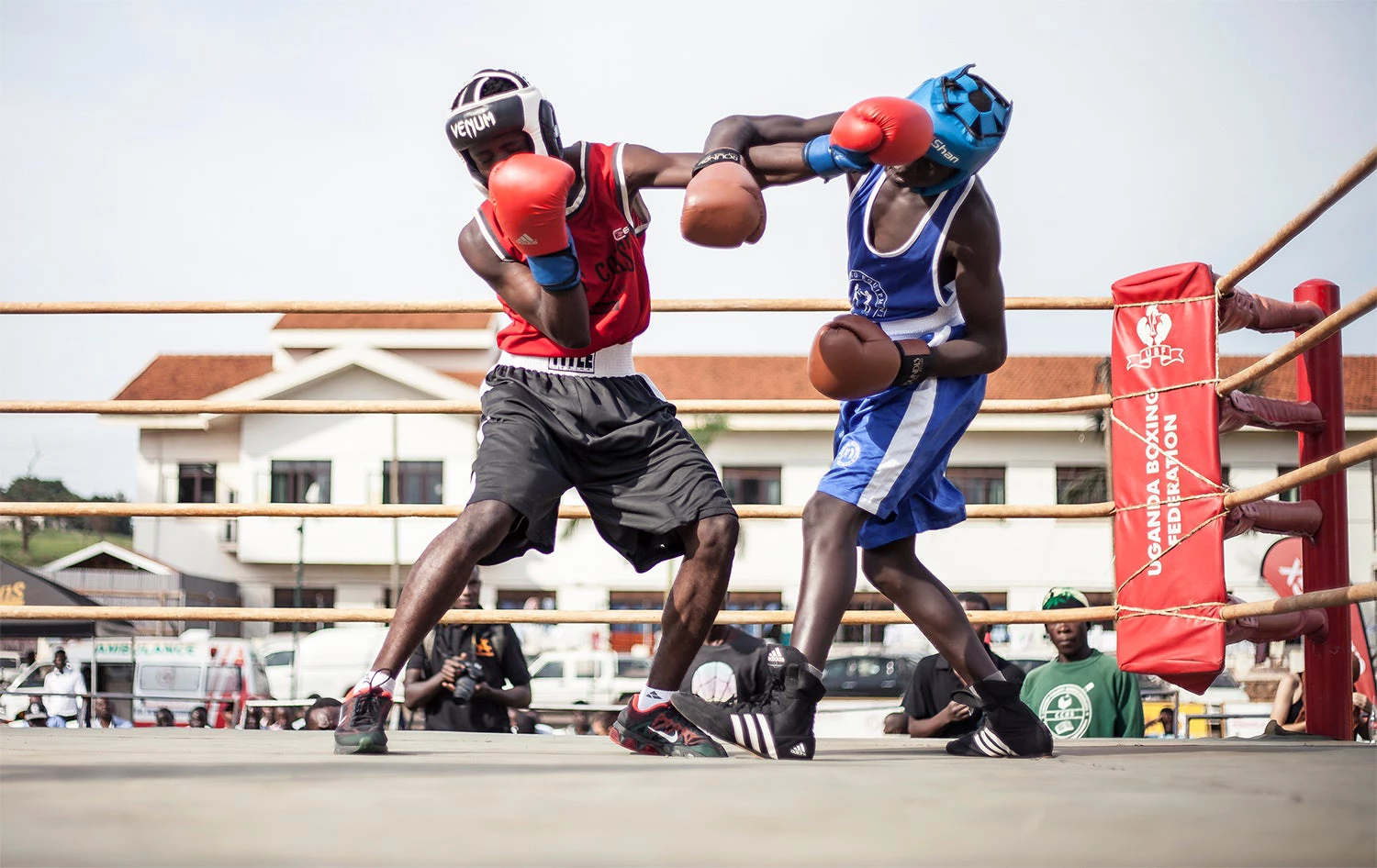
· A reminder that the Development Research Group’s monthly Policy Research talks are publicly available, with videos and slides up here. These talks aim to summarize a body of work in an area, rather than a single paper. For example, the most recent talk by Ana Fernandes and Devaki Ghose looks at the use of non-tariff trade barriers by developing countries, including the impact of Sri Lanka banning fertilizer imports.
· On Let’s Talk Development, Christopher Hoy and co-authors summarize their recent survey experiment work across 12 countries that look at what type of messages increase support for reforms to stop subsidizing fossil fuels. “Survey respondents were divided into four groups. The first three groups received information about the negative consequences of fossil fuel subsidies (that they are an inefficient use of government resources; that they benefit the rich more than the poor; or that they contribute to climate change and air pollution). The fourth group received no information (control group)…. the group that received information about how these subsidies contribute to climate change and air pollution had the largest increase in support for reform. The effect of this treatment was primarily driven by respondents who believe they are middle class and live in countries where gasoline is the primary fossil fuel that is subsidized. Among these respondents, support for reform increased by around 25 percent.”
· On LinkedIn of all places, Jishnu Das has an interesting post about trends and puzzles around the rise of college attendance in developing countries and the possible coming rage(s) – 6 facts (e.g. college attendance is way up, many students are not learning much once they get to college, yet the returns to college are still high), and then several stories about what this means for the gap between expectations and job realities, for access to college for smart poor kids, and why do the returns to college exist? Or you can hear him talk about higher education in a VoxDev talk.
· Down to Earth covers a new paper by our colleague and occasional Development Impact blogger Patrick Behrer (along with Kibrom Tafere and Bhavya Srivastava) on the impact of high temperatures during the year on exam performance in Ethiopia. “The study analysed data from over 2.47 million students who sat for the Ethiopian Higher Education Entrance Certificate Examination from 2003 to 2019…We combined that with data on school-level temperatures over this time period and examined how variation in the number of hot days each school experiences in a given year — compared to that school’s typical number of hot days — impacts students’ performance on the college entrance exam…The main outcome is the finding that more hot days during a school year reduce the amount that students in Ethiopia learn. Ten additional hot days during a school year (days > 33 degrees Celsius) leads to a 2.28 per cent decline in performance on college entrance exams…Female students’ exam results were less affected by high temperatures”.
· On the IDInsight blog, a chat with three female enumerators in the Philippines on how they got into this work, what they enjoy about it, how they approach the challenges and risks, and what motivates them in their work “I think it’s really important to hear the voices of regular people and their perspectives on the policies and programs that affect them. As an enumerator, I often come across people who have limited or no knowledge of programs like health services that are available to them. It’s important to engage with the community and make sure their voices are included in the policies. “


Join the Conversation